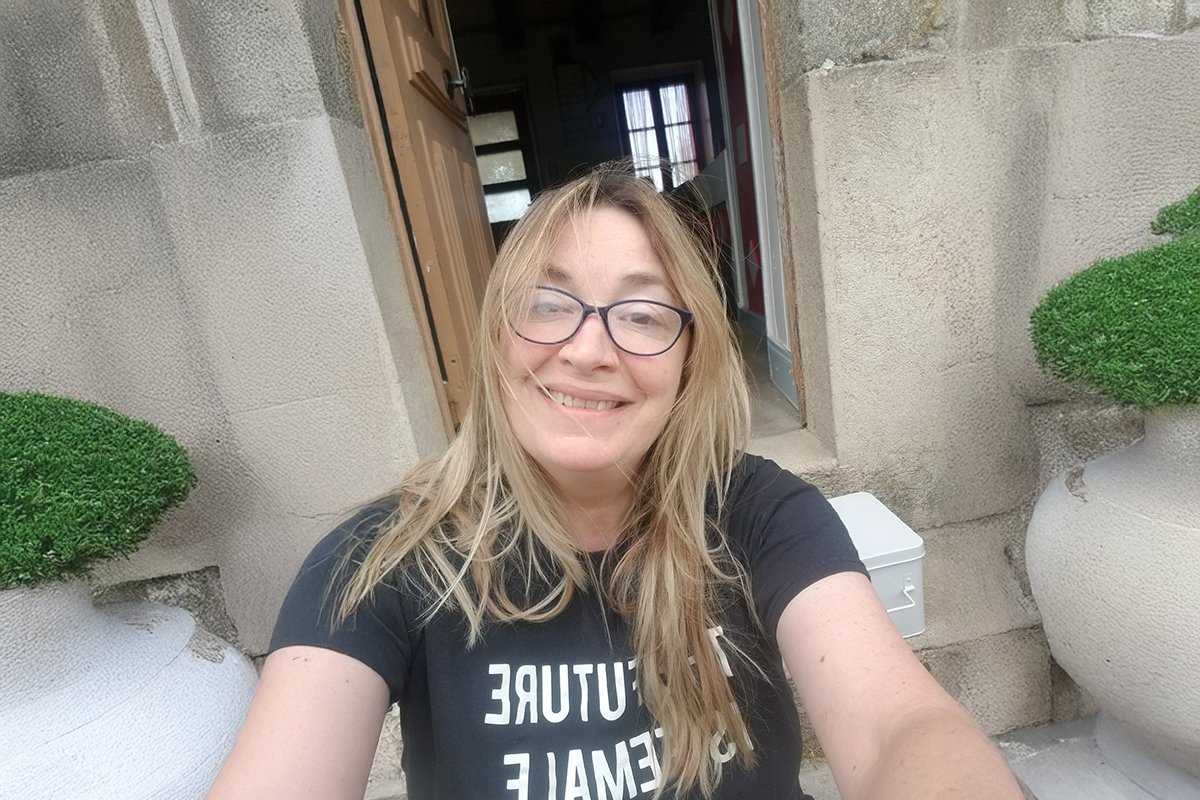PHOTO: Author Betty Brandt Passick, known for her compelling historical fiction rooted in Midwestern life and richly drawn characters.
Masterful Storytelling Rooted In Midwestern Values And Rich Historical Detail
Betty Brandt Passick shares her journey from retirement to acclaimed author, revealing how personal history, meticulous research, and cross-genre storytelling shape her novels on crime, morality, and small-town America.
Betty Brandt Passick is a gifted author who channels her deep-rooted Midwestern upbringing into unforgettable works of historical fiction. Her stories are richly infused with local color, moral complexity, and a distinctive blend of fact and imagination. Since her retirement from a Fortune 500 company a decade ago, she has authored four books that paint vivid portraits of small-town life, crime, and the enduring threads of human character.
Her debut novel, Gangster in Our Midst, brings the mystery of an alleged mob affiliate to life—an enigmatic man rumored to have ties to Al Capone, who settled in Fairbank, Iowa (fictionalized as “Oxbow”). Inspired by whispers she heard as a child, Passick transforms these fragments of memory into a gripping historical crime story. Using a cross-genre style that blends fiction with nonfiction, she explores the life of Louie La Cava, a self-proclaimed Capone associate who quietly resided in the town for decades.
Passick is a deeply insightful writer whose compelling narratives and historical depth make her a standout voice in historical crime fiction.
Rooted in her own experiences, Passick’s work reflects the soul of the Midwest. Her characters—like Marshal Sweeney Delaney in Gangster in Our Midst—embody the ideological struggles of Prohibition-era communities divided by faith, law, and cultural identity. Raised in a divided town where Catholics and Protestants lived on opposite sides of the river, she witnessed firsthand how those divisions shaped everyday life. “Sweeney’s character demonstrates a universal and fundamental truth,” she says, “the deep-seated ideologies and beliefs that often divide a community, can also unite.”
In her second novel, The Black Bag of Dr. Wiltse, Passick shifts to the 1850s, crafting a compelling narrative around a frontier physician entangled in the world of murder investigations. Dr. Wiltse, both healer and dark observer of humanity, offers a psychologically rich lens into early forensic science. For Passick, accuracy matters. She sourced an 1850s medical book to ensure historical credibility—an example of her rigorous research process that underpins each novel she writes.
The author’s unique method involves outlining real historical narratives, then carefully threading in fictional elements to fill the narrative gaps. This technique demands fidelity to period-specific language, customs, and characterizations—especially challenging when writing about figures like La Cava, whose life was obscured by mob aliases.
With her third installment in the Gangster series on the horizon, Passick revisits northeastern Iowa—this time in the 1870s. Though the new book stands alone, it reintroduces younger versions of familiar characters alongside new ones, including a high-strung community matriarch and a young drifter. At its core, the story explores love, addiction, sacrifice, and murder.
Beyond her novels, Passick is a passionate speaker and educator. Her public engagements have become meaningful avenues for connection and healing, both for her and her audiences. One particularly powerful moment came during a speech at a high school honors ceremony. Reflecting on her difficult childhood with an alcoholic father, she shared the importance of self-responsibility and the therapeutic role writing played in her life. Her candor struck a chord, with several parents thanking her afterward for speaking truthfully to the students.
Betty Brandt Passick’s work resonates because it is more than just storytelling—it is a quest for understanding the human experience through the lens of history. Whether portraying the secrets of a sleepy Iowa town or the moral complexity of a frontier doctor, her novels remind readers that the past is not just a record—it’s a mirror.
Source: Reader’s House Interview with Betty Brandt Passick











